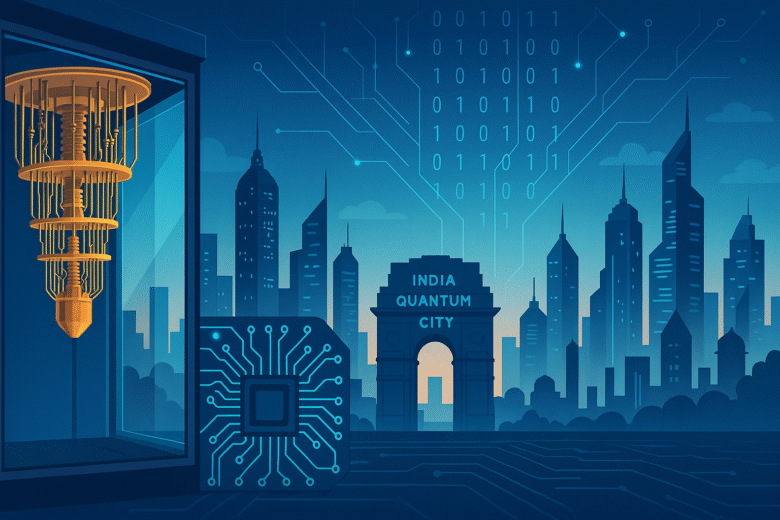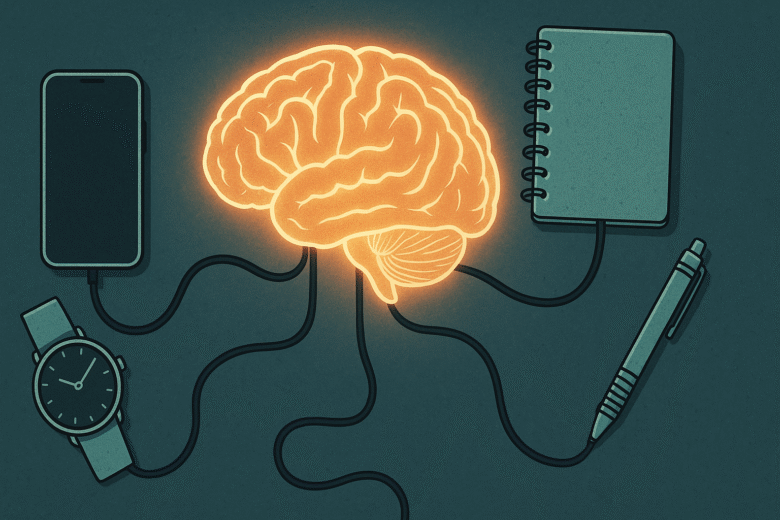Fun fact: A single particle of light can store more information than dozens of classical computers—if you let it exist in more than two states. Light in 37 Dimensions: When Physics Breaks Our Intuition sounds like the opening line of speculative fiction, but it is very much a real scientific result. Recently, physicists demonstrated that …
Did you know that some of the world’s most advanced robots are now better climbers than many humans? “Robots on Remote Mountains” may sound like a science-fiction headline, but it reflects a quiet shift happening high above our cities and farms. As climate change tightens its grip on cold-adapted species and mountain ecosystems grow more …
Fun Fact: Globally, air-conditioning (AC) and cooling appliances use about 7% of the world’s electricity and account for roughly 3.2% of total greenhouse gas (GHG) emissions. In India’s sweltering summers, the phrase “Cooling India’s Homes Without Climate Guilt: The Carbon Story of Air Conditioning” feels almost rebellious. Because yes, we deserve cool homes. But the …
Fun Fact: Did you know that over 47,000 brick kilns across the Indo-Gangetic plain in India have been detected using satellite imagery and machine-learning? In this age of soaring skyscrapers and sleek smartphones, it’s ironic that a humble brick still plays a starring role in India’s construction boom — and stays largely hidden from view. …
Fun Fact: By 2030, the global stream of electronic waste (e-waste) could reach a mind-boggling 2.5 million tons — a digital graveyard we’re building without a map. What if your old smartphone wasn’t just clutter in a drawer but the trigger for a tech-driven chain reaction? In the blog titled “E-Waste Gets Smart: AI + …
Fun fact: India’s first dedicated Quantum City in Bengaluru is expected to create a USD 20 billion quantum economy by 2035. That’s huge. In this article, I examine The Promise and Peril of India’s Quantum City, exploring why this futuristic idea might be a game-changer — or a cautionary tale. What is Being Promised A …
Fun fact: There might be more “almost-stars” hiding near us than the bright ones we can see—some of them are forming rare quadruple systems that challenge everything we thought we knew. Astronomers recently hit the headlines with the discovery of a quadruple star system called UPM J1040-3551 AabBab, and the title alone sounds like science …
Fun fact: When you count on your fingers, you’re literally expanding your brainpower beyond your skull. We tend to imagine the brain as a self-contained control centre, a wrinkled lump of Gray matter doing all the heavy lifting inside our skulls. But what if that’s not the full picture? What if your “mind” isn’t locked …
Fun Fact: The average person checks their phone about 96 times a day—that’s once every 10 minutes. Picture starting your day with no clue what day it is. Or forgetting your best friend’s birthday. Or walking into a supermarket without a clue what to buy. These things don’t happen anymore—not because our memories have improved, …
Fun Fact: Before the invention of time zones, every town ran on its own local time—meaning noon in Mumbai could be different from noon in Pune. Imagine missing your train not because you were late, but because your clock disagreed with the station master’s. That was daily reality in the 19th century, when time was …










